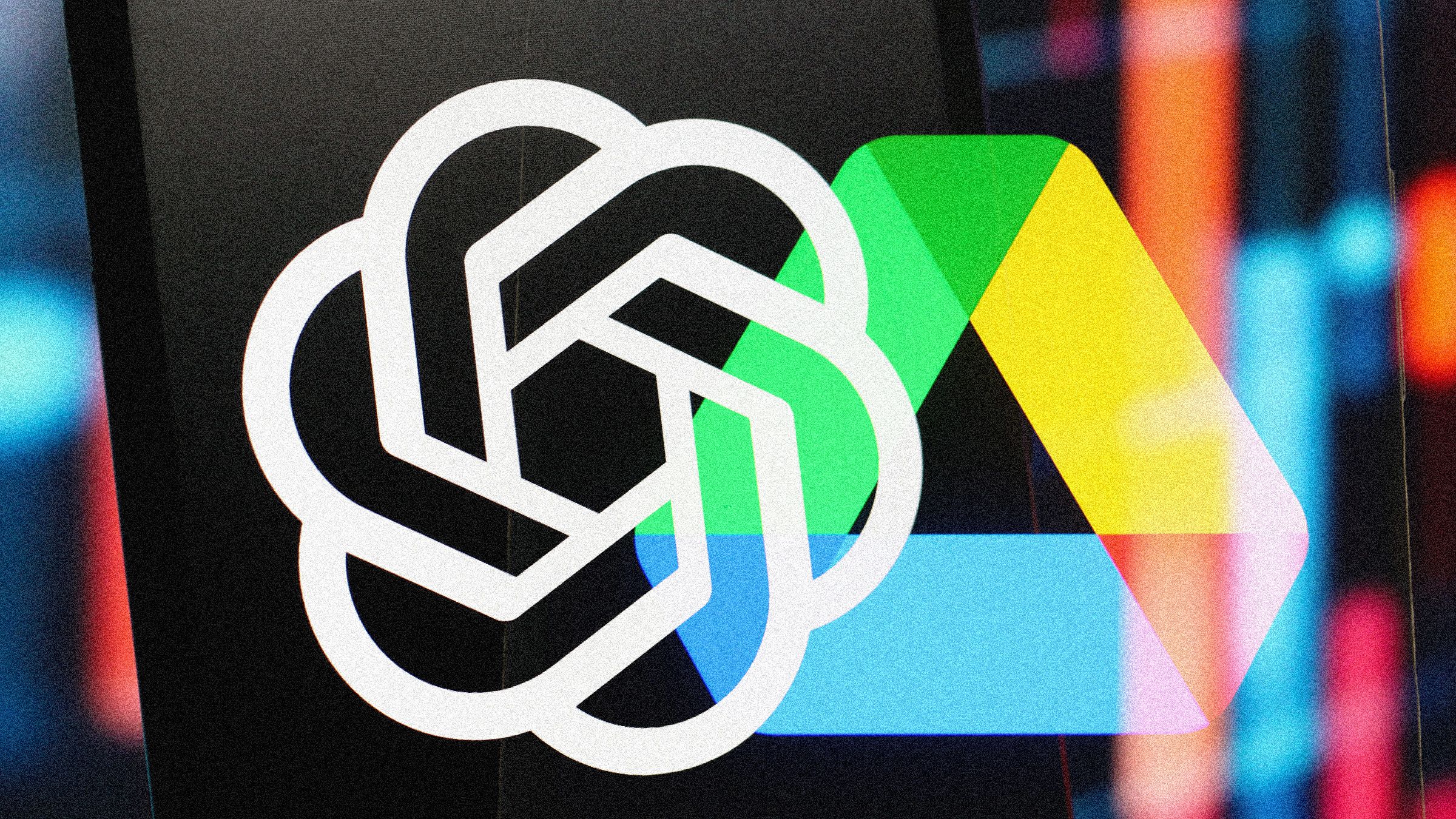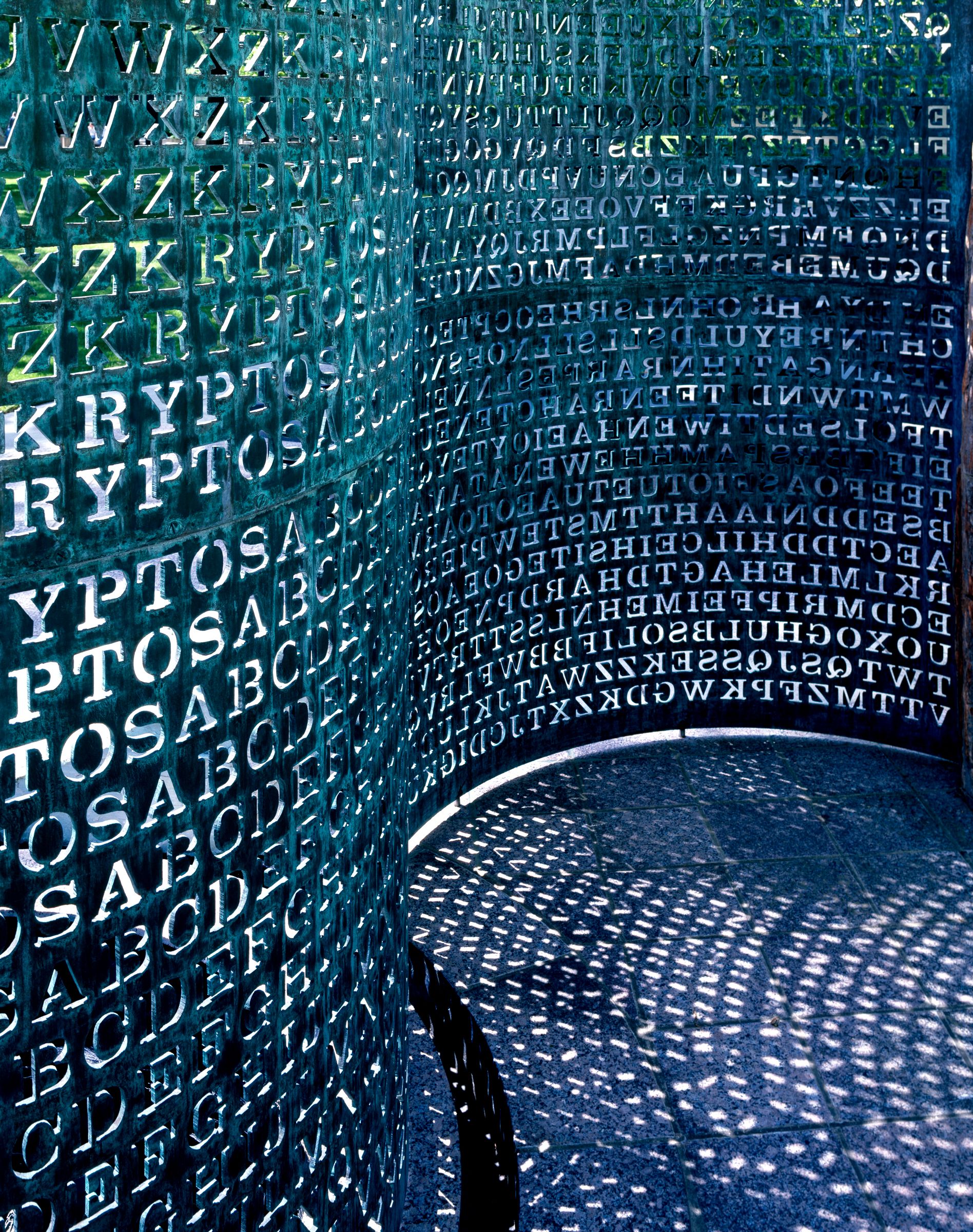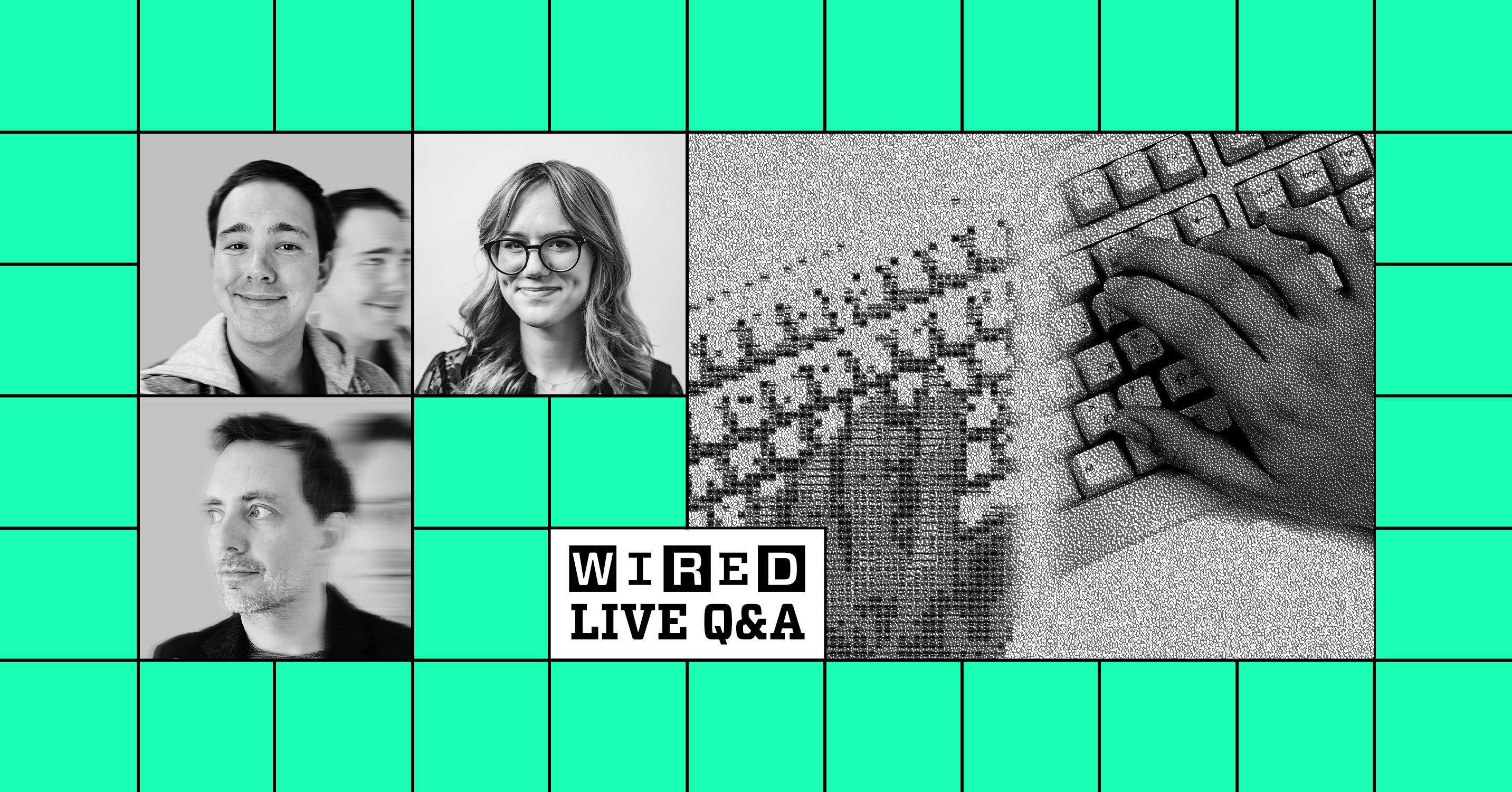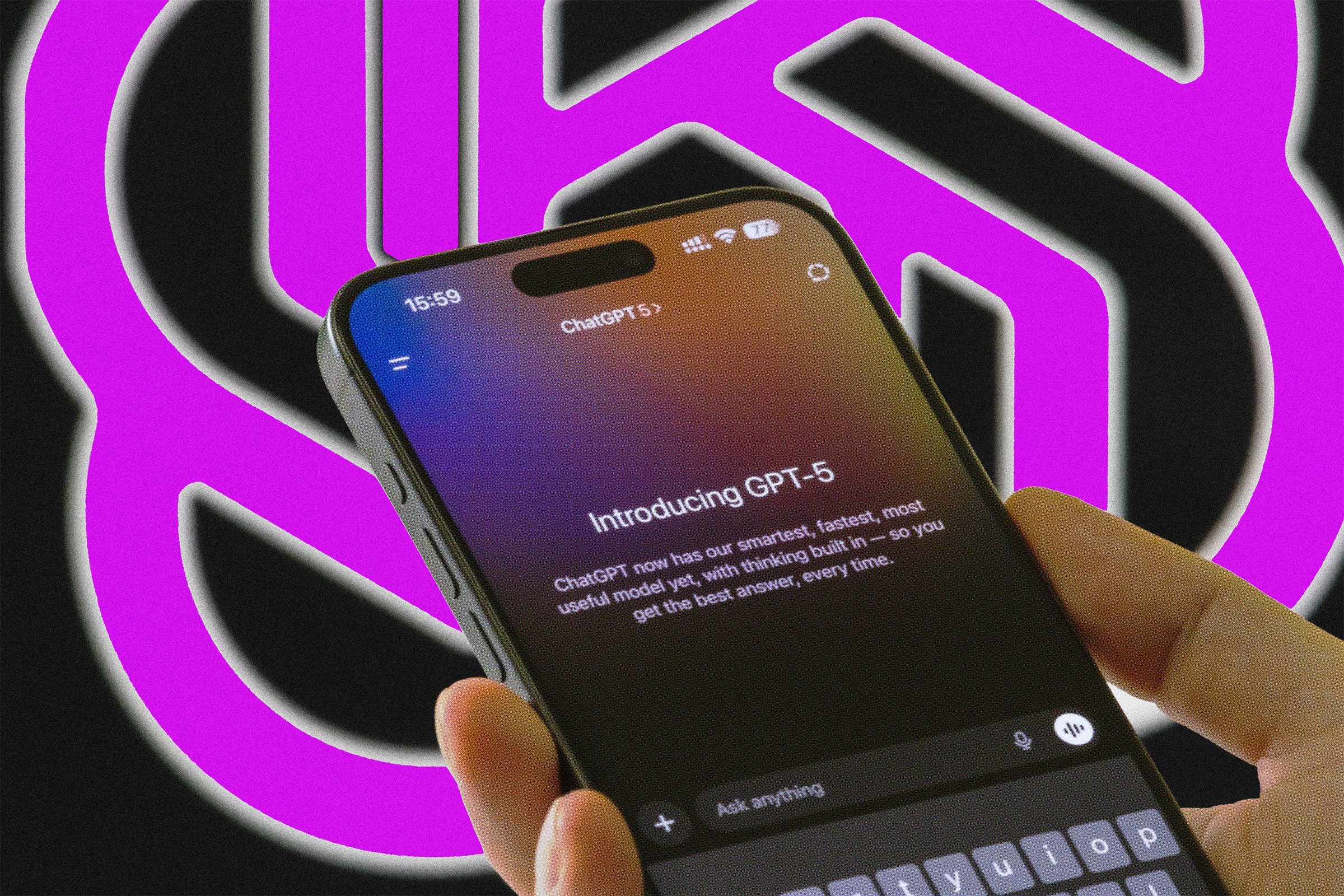A Single Poisoned Document Could Leak ‘Secret’ Data Via ChatGPT
A Single Poisoned Document Could Leak ‘Secret’ Data Via ChatGPT
In a recent study conducted by cybersecurity researchers, it was found that a single poisoned document could potentially…

A Single Poisoned Document Could Leak ‘Secret’ Data Via ChatGPT
In a recent study conducted by cybersecurity researchers, it was found that a single poisoned document could potentially leak sensitive data through popular chatbot platforms like ChatGPT.
The researchers discovered that certain malicious documents, when uploaded or shared through chat platforms, could exploit vulnerabilities in ChatGPT’s text processing capabilities to extract confidential information.
This poses a significant risk to individuals and organizations that rely on chatbot platforms for communication and collaboration, as it highlights the potential for data breaches and privacy violations.
It is crucial for users to exercise caution when interacting with unknown or suspicious documents in chat applications, as they could be used as a means to compromise sensitive information.
The findings of this study underline the importance of implementing robust security measures and protocols to safeguard against such threats in the digital age.
Organizations should educate their employees on the risks associated with sharing documents in chat platforms and provide guidelines on how to identify and handle potentially malicious content.
Furthermore, developers of chatbot platforms like ChatGPT should work towards enhancing their security features to detect and prevent the dissemination of poisoned documents.
By staying informed and vigilant, users can mitigate the risks posed by potential data leaks and protect their privacy and sensitive information.
As technology continues to evolve, it is essential for individuals and organizations to adapt their security practices to address emerging threats and vulnerabilities.
By taking proactive measures and staying informed about cybersecurity best practices, we can better protect ourselves and our data in an increasingly interconnected digital world.




